HotSpots H2O, July 23: Chaos Engulfs Venezuela as Mismanagement and Drought Cut Water Access
The Rundown
Since President Nicolas Maduro took control of the Venezuelan government in 2013, the country has endured a growing wave of human rights abuses and resource shortages. Maduro put many industries, including the water sector, into the hands of the Venezuelan military. Water in the socialist nation is supposed to be subsidized and government-provided, but mismanagement and decaying infrastructure force most citizens in the capital, Caracas, to rely on trucked-in water or communal pumps. As the military takes control of the city’s water points and supply trucks, access is becoming more restricted and the price of water is soaring.
Throughout the rest of Venezuela, access to water, food, medicine, and other staples is also restricted. Last week, in the city of San Felix, a 12-year-old boy was shot in the chest during a protest over water and electricity outages. Similar protests are igniting across the country as Venezuela’s economy and infrastructure collapse.
“The water sector has been completely taken because of a government that believes the military can grant order to things. If on top of this institutional incompetence, you add a dry year, then the consequences are tremendous.” –Norberto Bausson, the head of Cracas water utility Hidrocapital in the 1990s. Venezuela’s rainfall has been below-average this year, exacerbating the water shortages.
By The Numbers
5.5 million Population of Caracas.
27 percent Proportion of Caracas residents that have access to continuous, state-provided running water. The remainder have spotty service, or none at all, forcing them to purchase much of their water supply.
7 Major water access points in Caracas that are controlled by soldiers or police. The army has also seized control of the city’s public and private water trucks.
40 Water infrastructure repair crews in the city, down from 400 in the 1990s.
200 million bolivars ($66 USD) The meager yearly budget for Caracas’s botanical gardens which have been without water since March. The gardens, a UNESCO World Heritage site, are home to thousands of plants species, many of which are dying due to the water shortage.
1.5 million Venezuelans who have fled the country since Maduro came to power in 2013.
Science, Studies, and Reports
A report released by the UN High Commissioner for Human Rights details the grim human rights abuses unfolding in Venezuela. There have been several reports of excessive force, torture, and other violence by the government. Mismanagement has also led to extreme shortages of food, water, electricity and adequate healthcare.
On The Radar
In the past decade, The Latin American Development Bank and the Inter-American Development Bank loaned Venezuela upwards of $500 million for improvements to water infrastructure. The money was intended to renovate treatment centers and clean rivers. The impact of the funding, however, has been minimal. A majority of the country still lacks running water, and infrastructure in larger cities is still decades old. Given Venezuela’s unstable political and economic state, the situation is unlikely to improve in the near future.
Resources and Further Reading
Addressing the human rights and humanitarian crisis in Venezuela (Human Rights Watch)
Boy killed during protest in southern Venezuela: police (Reuters)
Caracas’ dying botanical garden highlights Venezuela’s decay (Reuters)
Human rights violations in the Bolivarian Republic of Venezuela: a downward spiral with no end in sight (OHCHR)
The Army Took Over the Spigots, Forcing Thirsty Venezuelans to Pay (Bloomberg)
Kayla Ritter is a recent graduate of Michigan State University, where she studied International Relations and Teaching English to Speakers of Other Languages. She is currently based in Manton, Michigan. Kayla enjoys running, writing, and traveling. Contact Kayla Ritter

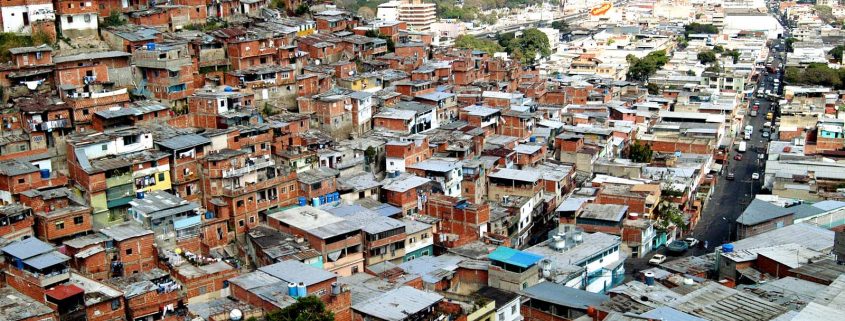

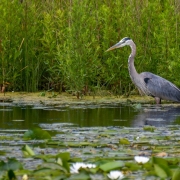
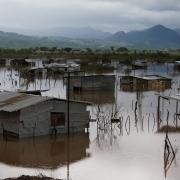
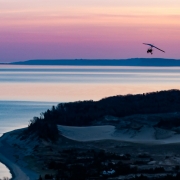
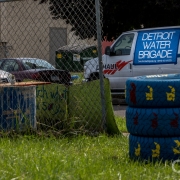
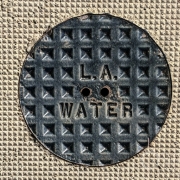


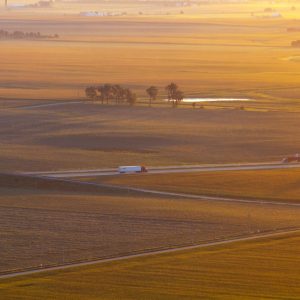

Leave a Reply
Want to join the discussion?Feel free to contribute!